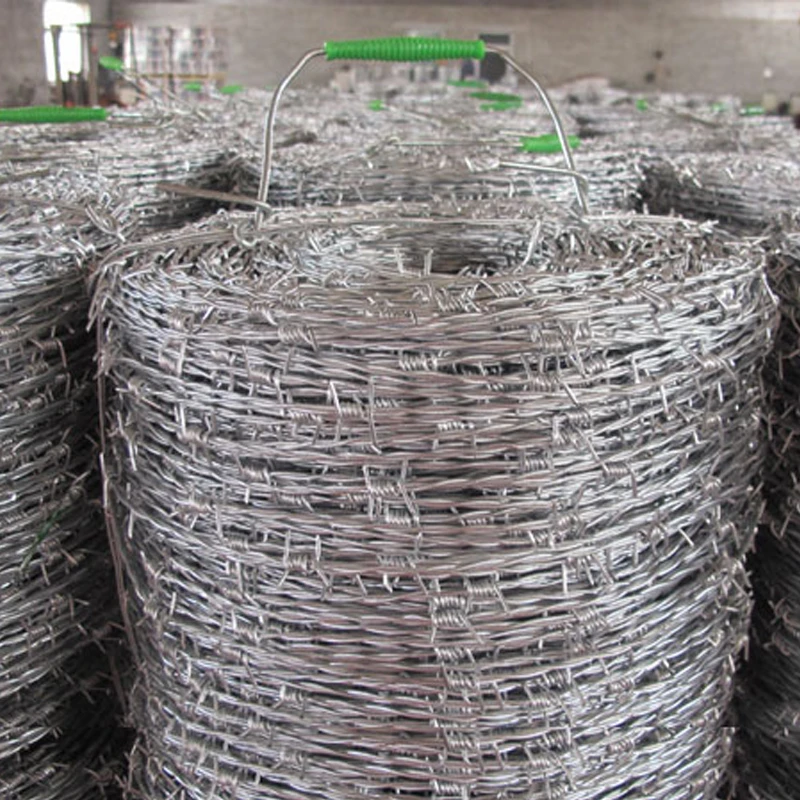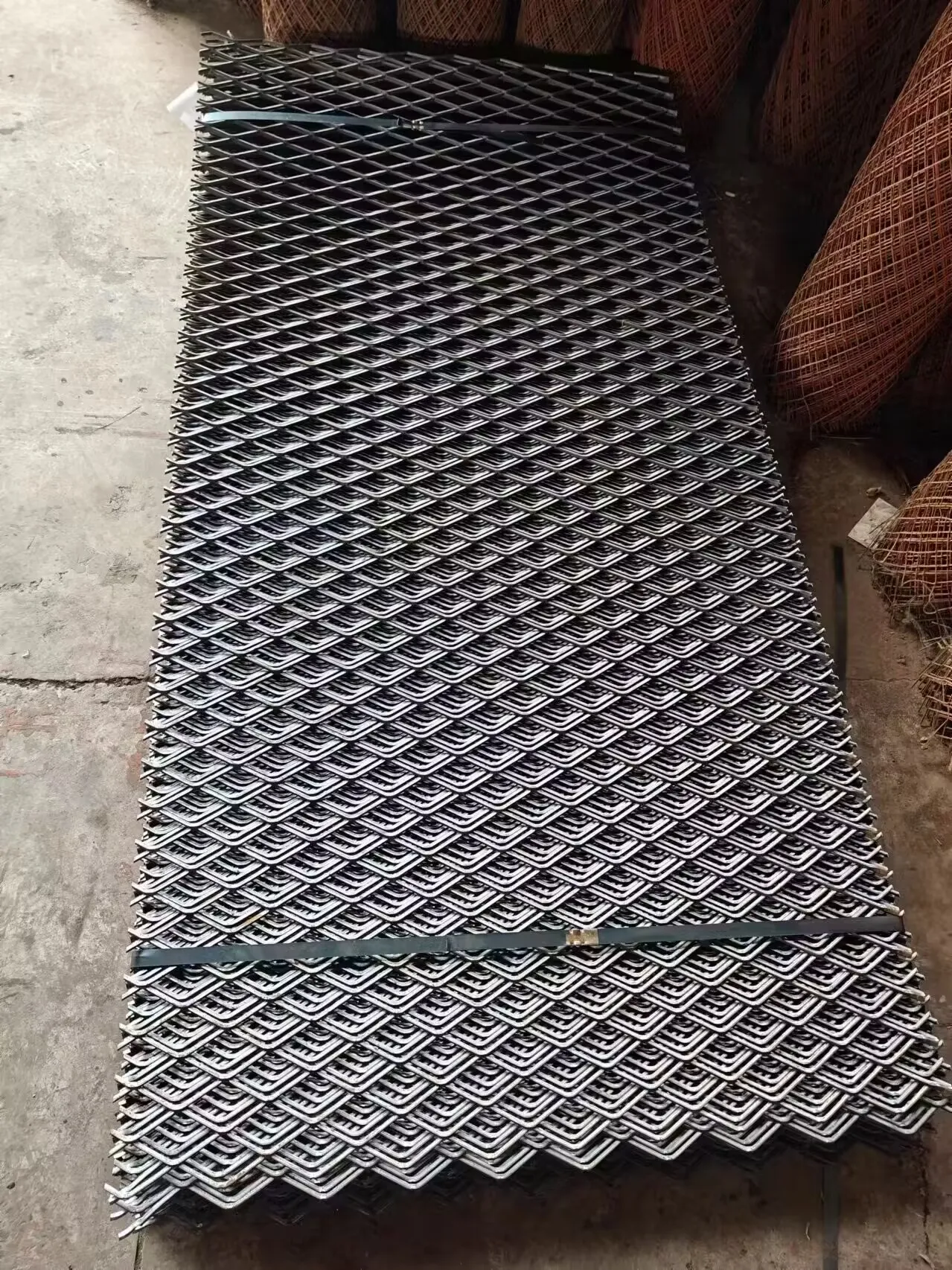

For anyone involved in DIY or professional drywall installation, mastering the use of these screws is crucial. This includes selecting the right size, which is typically 1 1/4 inches to 1 5/8 inches for most drywall applications, to ensuring the screws are driven in at the correct depth. Overdriving can lead to paper tears, while underdriving can result in protruding screws which may interfere with finishing. The installation experience with fine thread drywall screws is further enhanced by the use of appropriate tools. A screw gun or a drill with adjustable clutch settings enables precise control, preventing damage to the drywall surface. Additionally, using a magnetic bit holder can improve efficiency, allowing for quick screw engagement and reducing the likelihood of dropping screws during installation. Finally, while fine thread drywall screws are generally considered reliable, it is essential to store them in a dry, cool environment to prevent any potential corrosion, especially if they are zinc coated. Maintaining the integrity of the screws will ensure that their performance is not compromised over time. In summary, fine thread drywall screws offer an excellent solution for drywall installation on metal studs, combining ease of use with durability. Their precision engineering, compliance with building codes, and proven reliability make them a cornerstone of modern drywall construction. By understanding their properties and following best practices for installation and storage, both professionals and DIY enthusiasts can achieve exceptional results in their projects.

















